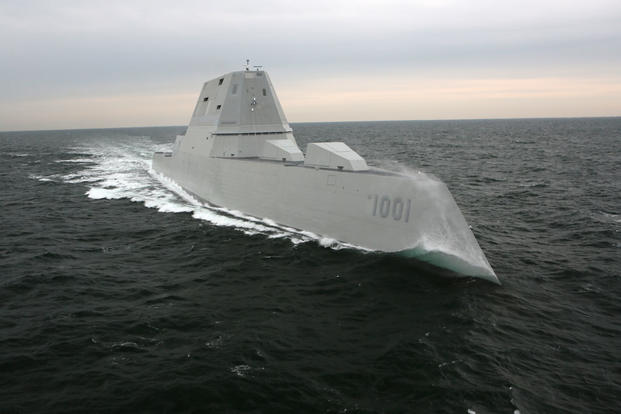The Pentagon hopes to deliver an interim report to Congress by August on whether it's feasible to carve out a separate "Space Force" branch from the U.S.
, according to a top Defense Department official.
Deputy Secretary of Defense Patrick Shanahan told reporters Tuesday the Pentagon, in conjunction with the Air Force, has spent the past six months weighing the fundamental transitions that would be needed.
"We'll finish the analysis [and] what changes we'll have to make in our organization, in our acquisition process, in our architectures, in how we integrate across the services, what offensive ... and defensive capability we'll need. And, based on the changes that are required, we'll say, 'What's the right construct?' " Shanahan said during a breakfast with reporters in Washington, D.C.
"We're on track to have our interim assessment June 1. We will provide our report to Congress in August, and the Air Force has been very, very responsive," he said.
Shanahan said developing an organizational chart and simply checking boxes is easy. But implementing a brand-new structure may create more risk than reward.
"Do we have the right leadership? Do we have the right changes?" he said, referring to setting up space systems "for a tactical advantage."
The Pentagon has been scrutinizing not only how the Air Force intends to beat back adversaries such as Russia and China in space, but also how it plans to buy new space systems in the future.
"If they can't do it, maybe it suggests we have to go a different way," Shanahan said. "And this is where we've been putting the Air Force and others to the paces: What changes can you commit to? And then really exploring the feasibility of those changes."
In March, President Donald Trump said he had an idea for a "space force," or separate military service for space. His comments came a few months after the Air Force indicated it was done talking about a separate military force for space.
the concept is something some lawmakers have pushed the service to create in hopes of taking adversarial threats in space more seriously.
When asked about the issue Tuesday, Air Force Secretary Wilson said she has full confidence in the service and the latest budget request to know the Air Force is the right branch to handle the job.
"We are open to discussing ideas that people have in this realm," Wilson said during a
.
"I think the most important thing is not the organization, but what we actually do, and that is to defend ourselves on orbit and make clear to any adversary that, if they take us on in space, we will prevail," she said. "With respect to the bold moves and the changes, we are accelerating defendable space to deter, defend and prevail against anyone who seeks to deny our ability to freely operate in space."
"There's an 18 percent increase from the fiscal year '18 five-year defense plan to the fiscal year '19 five-year defense plan in space. And there's a significant changes there," she added.



